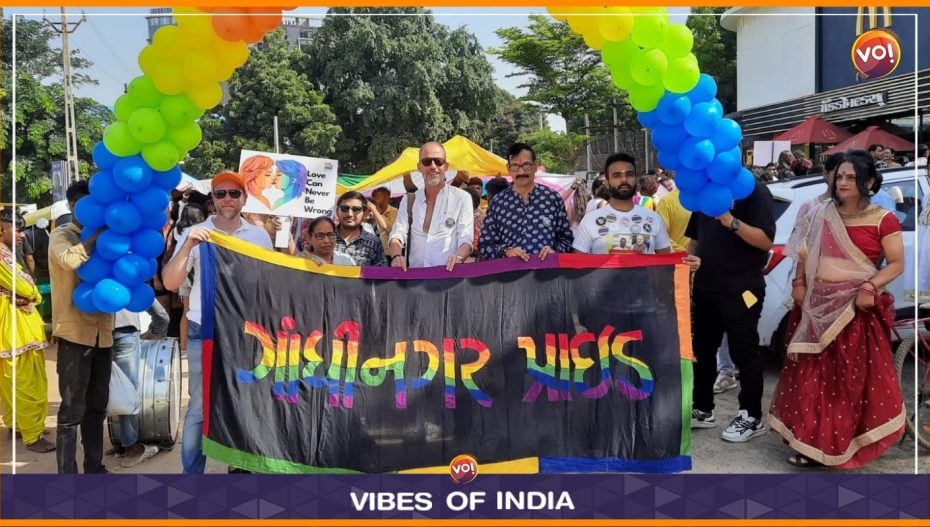The Supreme Court may have failed to legalise same-sex marriage, but are there any positives for the LGBT community in the judgement delivered today? After letting off some steam against the Supreme Court (SC) and the government, most activists that VO! spoke to did concede that some parts of the judgement are to the benefit of the LGBT community.
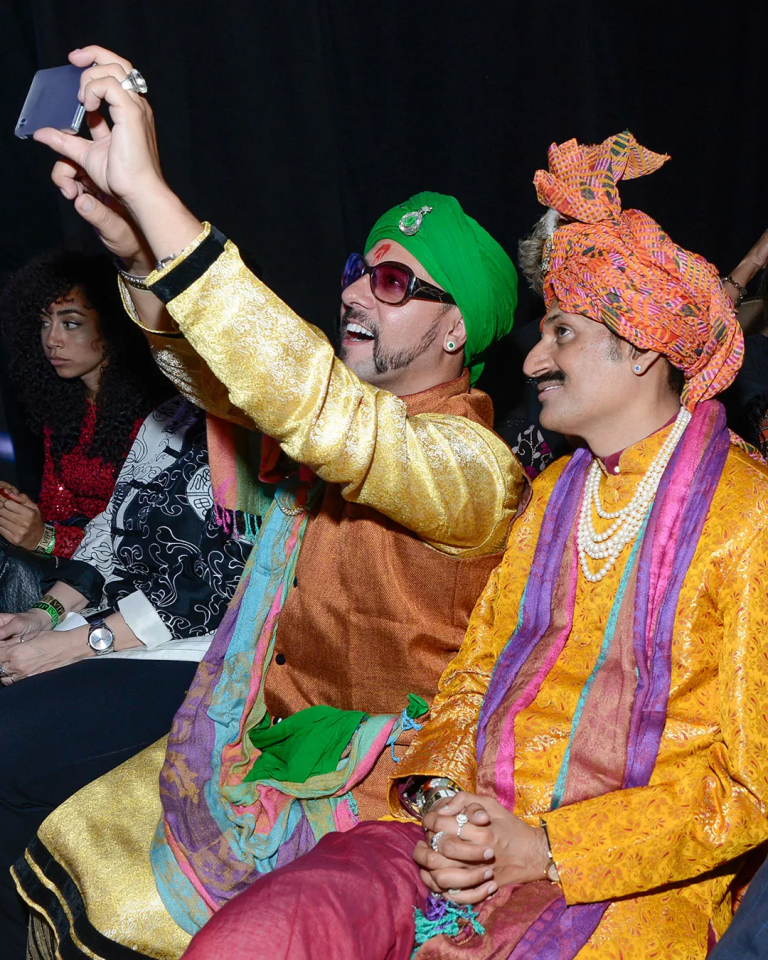
Prince Manvendra Singh Gohil of Rajpipla legally married his partner DeAndre Richardson in the USA ten years ago. Today’s judgement effectively kills any chance of their union being legally recognised in India in the near future, but the ever-optimistic Manvendra still points to the ban on conversion therapy (where some psychologists seek to convert homosexuals into heterosexuals) as a positive in the judgement. “I was forced to undergo this therapy myself when I came out to my parents, so I can attest to how horrible it can be,” he says.
As one of the original petitioners in the same sex marriage case, no one is more upset by the SC judgement than Nitin Karani. “The heart was hoping but the brain knew this would be the outcome,” says the Mumbai based investment banker. “The judges have admitted there is no political will to tackle the same sex marriage issue, but they were not bold enough. They have asked the executive branch to take the decision.”
Like Manavendra Gohil, Nitin Kirani too legally married his partner Thomas Joseph in the USA and the two of them live together in Mumbai. “I am hopeful that individual states might now legalise same sex marriage, since marriage is on the concurrent list. I expect Tamilnadu and Kerala to take the lead,” he says.
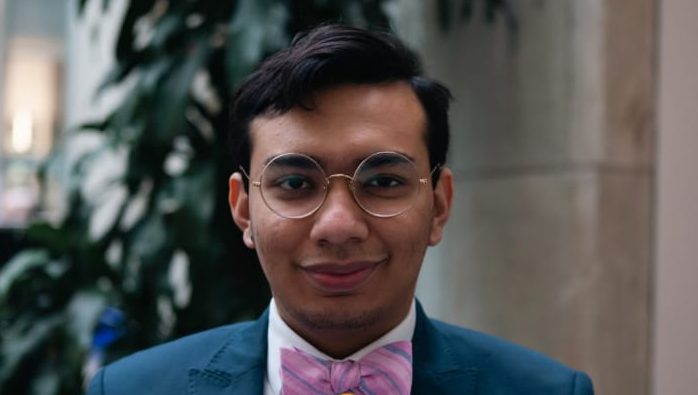
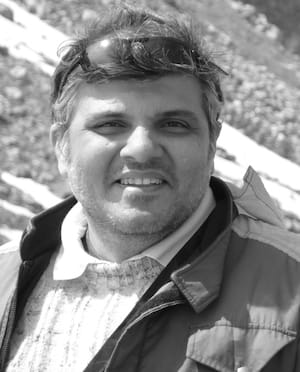
A graduate of Gujarat National Law University and Harvard University, 24-year-old Rohin Bhat works in chambers of SC lawyers Indira Jaising and Anand Grover, who represented Nitin Karani in the case. “Passing this issue to the Parliament, which is totally unsympathetic, and to a committee with no time-bound schedule, is such nonsense,” he says angrily. “The positive thing about the judgement is that it specifically rejects the government contention that same sex marriage is an urban-elite issue. That idea can be put to rest once and for all.”
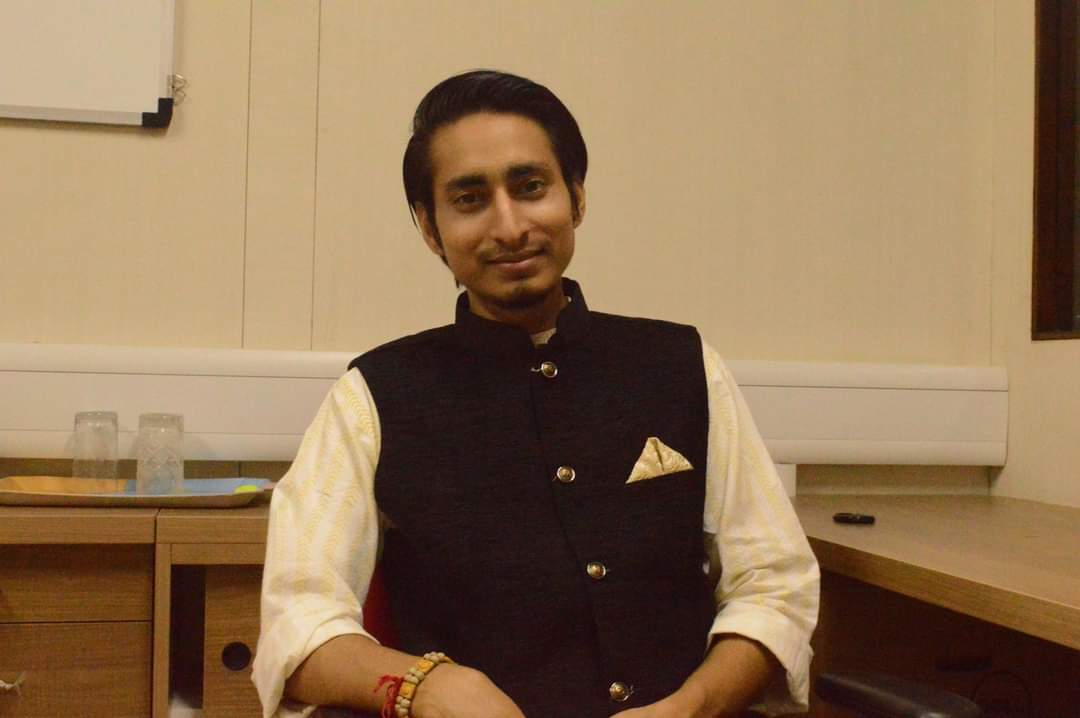
Rahul Upadhyay, founder of the Gandhinagar Queer Pride Foundation, is a tad more positive about the committee that the SC has asked the government to constitute for LGBT issues. “This is something that was never there before and one of the mandates is to look into the possibility of same sex civil unions, which stops short of marriage, but can still be a big step forward.”
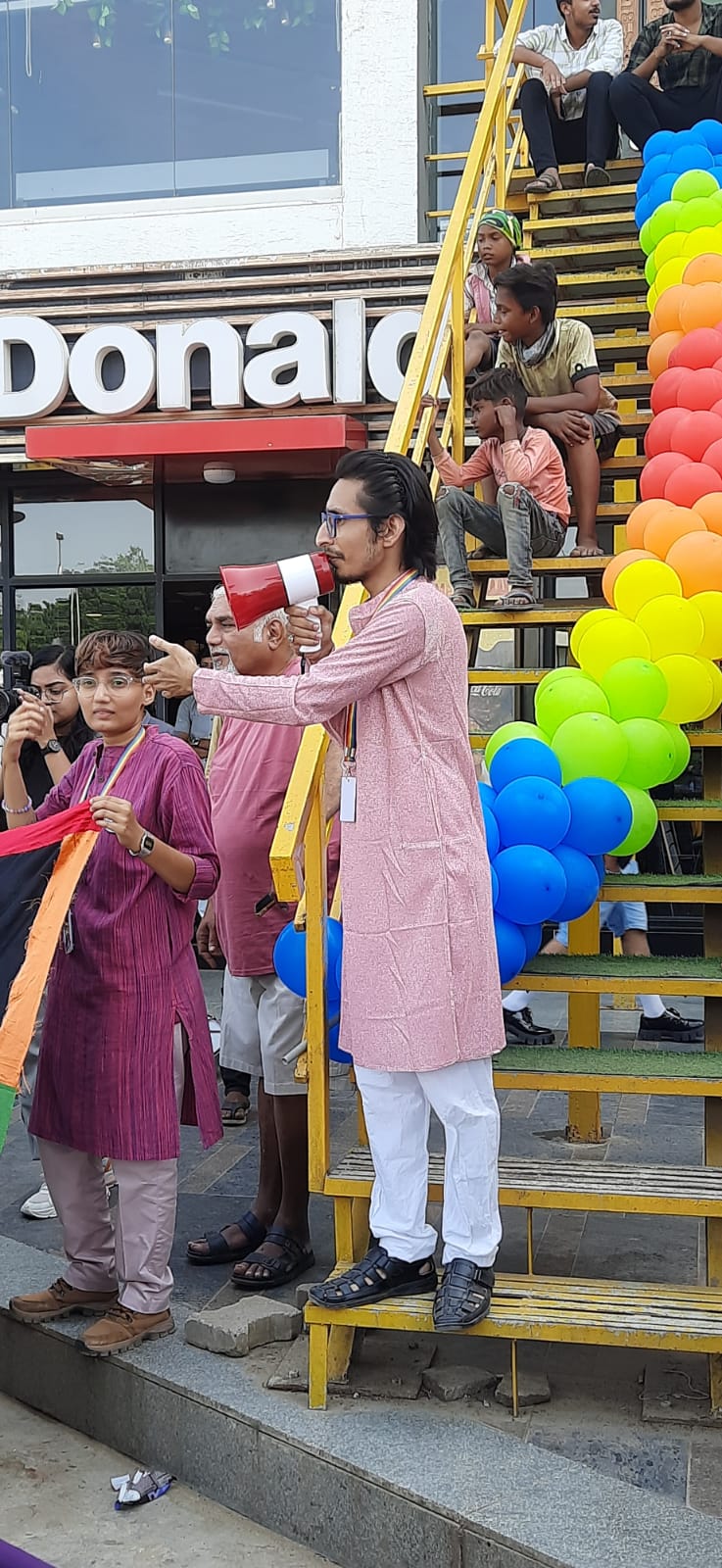
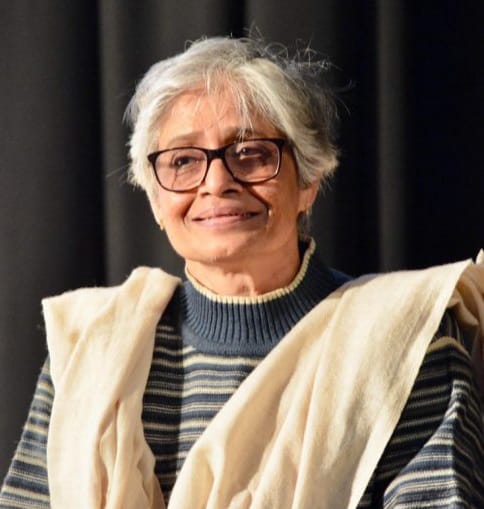
Vadodara-based author activist Maya Sharma of the Vikalp Women’s Group says the SC has given some clear-cut directives to the police in its judgment. “They have been prohibited from interfering when same sex couples choosing to live together. The judgement has also recognised domestic violence against LGBT children and it has prohibited police from forcing runaways to return home in such cases,” she says.
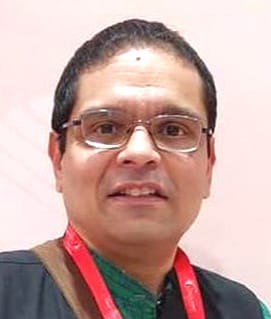
Delhi-based gay author and activist Sharif Rangnekar says one of the positives of the judgement is that it removes all challenges to transgender marriages. “Earlier, such marriages were challenged in court, now there is no room for that,” he says. “The SC has also called for a re-look of the Child Adoption Act for both homosexuals and heterosexuals with a view to remove biases.”
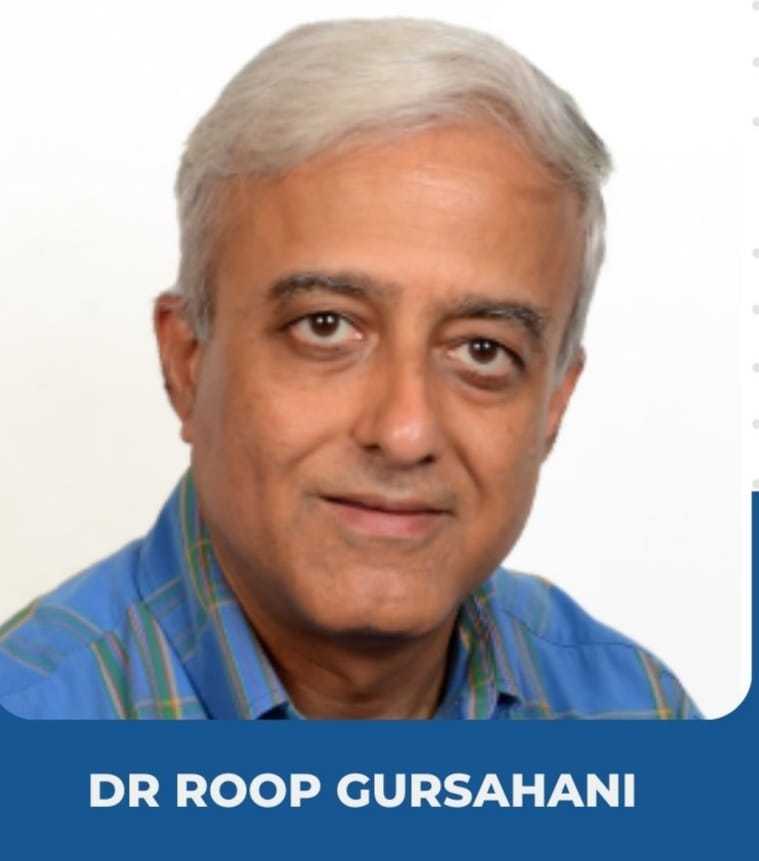
VO! also spoke to Mumbai-based neurologist Roop Gursahani, who married his partner Neil Pate in Britain last year. He sees the judgement as a temporary setback and expects to see gay marriage legalised in his lifetime. “We need to organise ourselves better as a community so politicians will listen to us. The courts were a shortcut. Now we must work harder,” he says.



